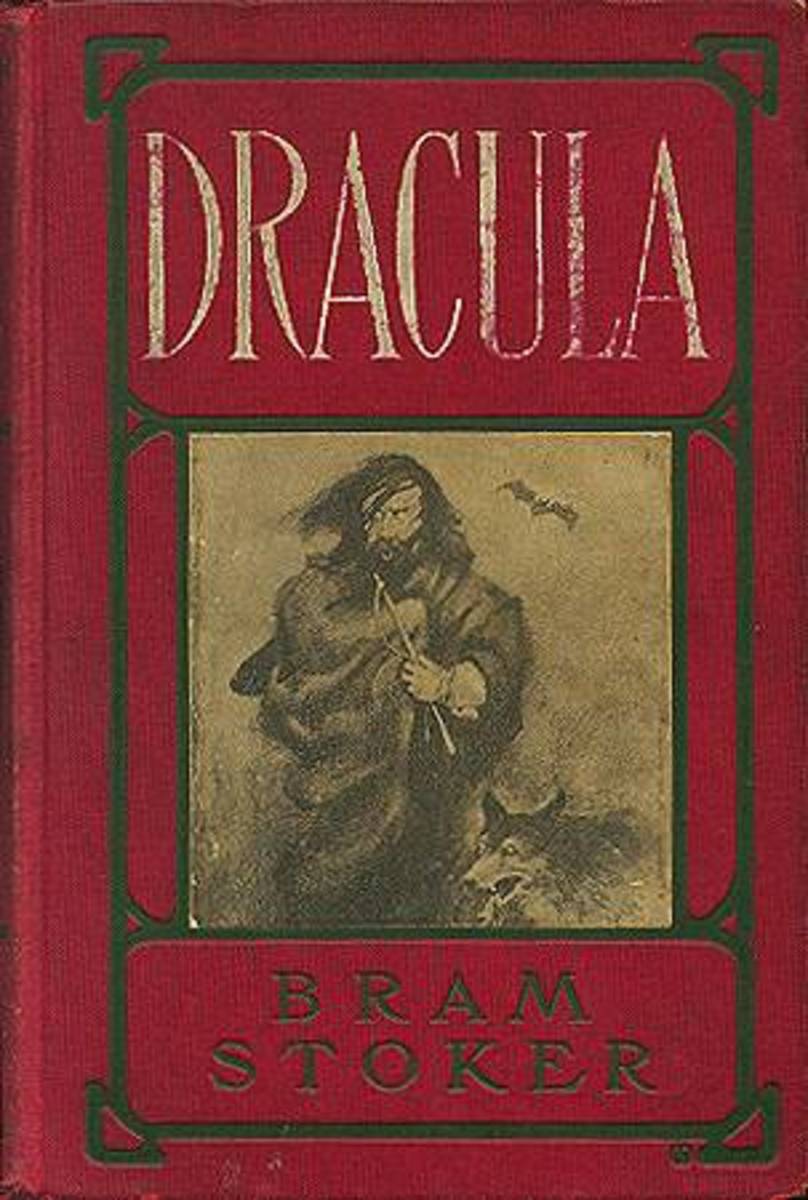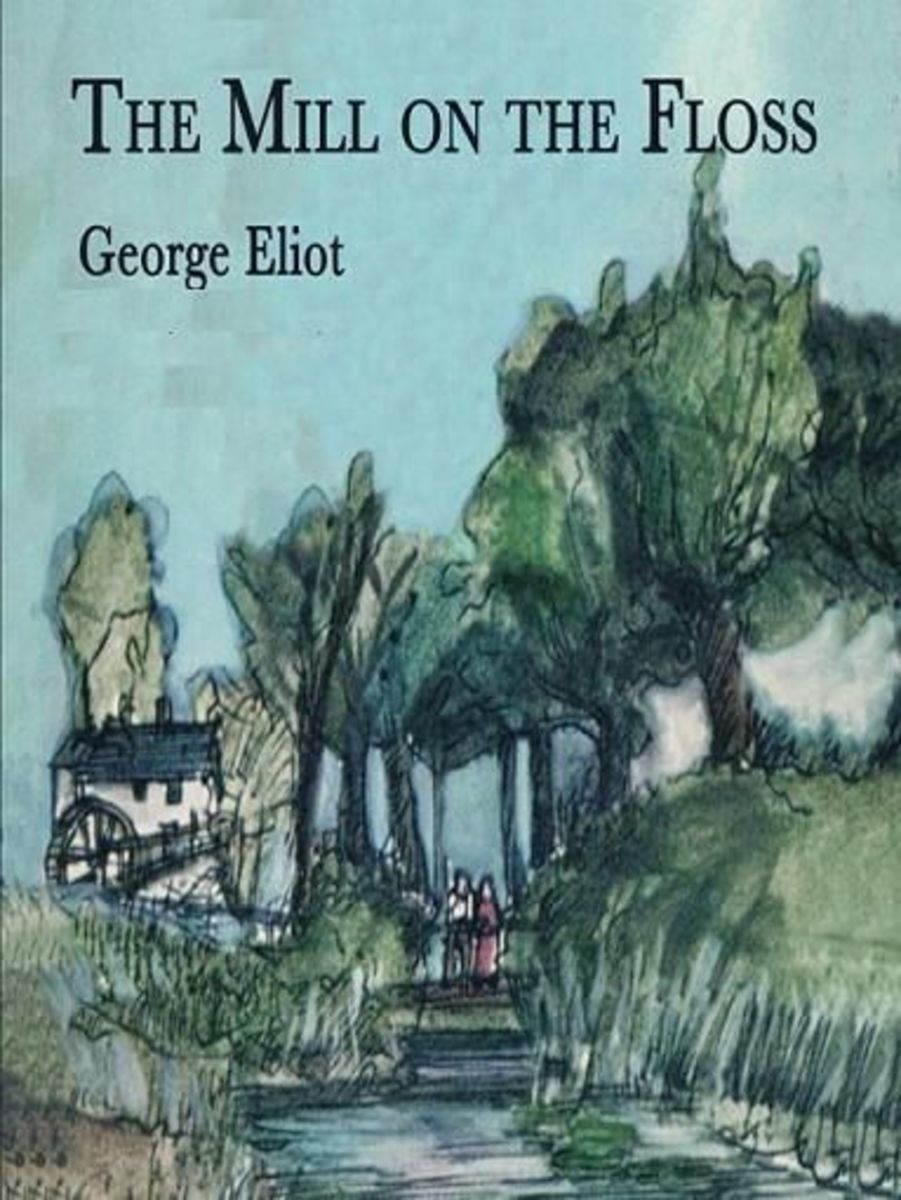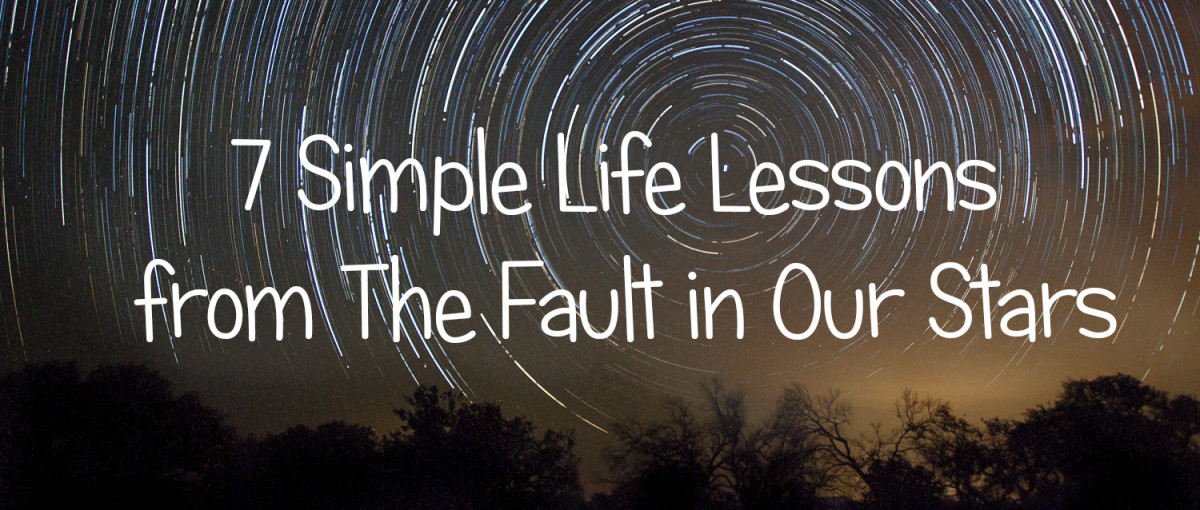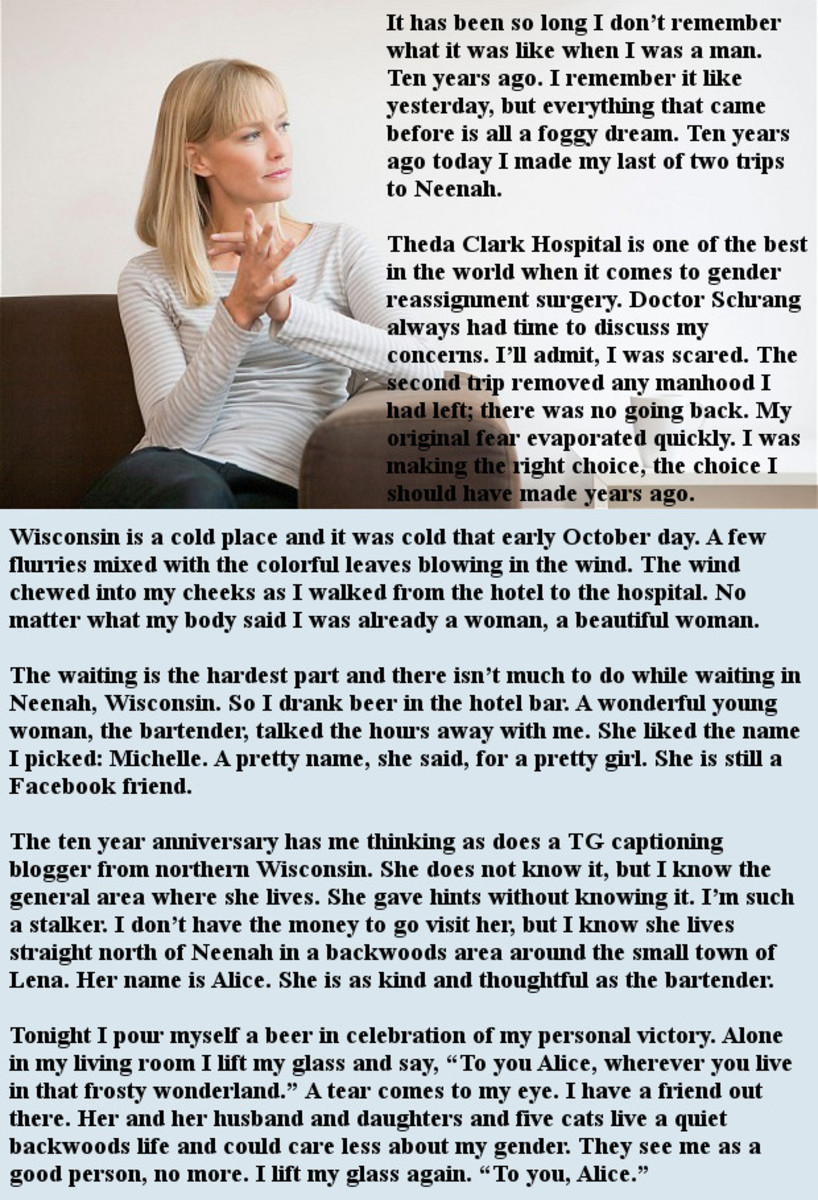Harlequin Mills and Boon romances - a history
Harlequin Mills and Boon are a publishing house that specialises in publishing romantic novels. They are an amalgam of two companies - Mills and Boon of the UK and Harlequin of Canada. They have come to dominate the world's romantic novel sector so thoroughly that they publish about 1200 titles each year and sell in 109 different countries. One in four novels sold in the world is a Harlequin Mills and Boon imprint.
This page is about how they gained that dominant position.

The history of Mills and Boon
Mills and Boon was founded in 1908 by Charles Boon and Gerald Mills. They started off being a general publisher, publishing authors such as P.G. Wodehouse. But as the 1920's dawned, they started to specialise in romantic novels.
This was a niche written for women by women from a woman's perspective and proved immensely popular especially as the Great Depression dawned and women looked for inexpensive escapism to make their lives more bearable.
By the 1960's their alliance with Harlequin of Canada was established, and Mills and Boon republished Harlequin romances for the UK market and Harlequin republished Mills and Boon romances for the American market.
At this point the company decided to go into the paperback market, as sales of hardbacks continued to decline. This proved to be a masterstroke - the paperback novels now cost virtually the same as a women's magazine but unlike the magazines they provide a longer read and can be kept and re-read.
In 1971 Mills and Boon was purchased by Harlequin Enterprises, but the company continued to keep separate editorial offices in different parts of the world. This is also part of their secret - they cater to local cultures and fantasies. Thus the European market (including the UK) usually feature romances set in London, Paris, Rome or Athens, with English heroines and southern European heroes. The American office usually produces a range of romances catering to middle America eg their NASCAR series, which do not get reprinted anywhere else, because there is no taste in the rest of the world for that type of romance.
The history of Harlequin
The original company Harlequin Enterprises, was founded in Toronto, Canada in 1949. To begin with, they usually reprinted English novels for the American market, including detective novels by Agatha Christie and Arthur Conan Doyle.
In 1957 they acquired the right for North American distribution of romance novels published by Mills and Boon. Harlequin re-edited the novels for the American market and discovered that the more racy novels sold better than the traditional tender novels. In 1971, Harlequin took over Mills and Boon, and formally merged operations (though they still had offices in both Toronto and London, and the main editorial centre was in London).
Up until 1975, they had concentrated on re-selling books first published by Mills and Boon in London, but in 1975, they signed up Janet Dailey, their first American author, who wrote about American characters for the American audience. She started a series of books set in every single American state, providing a new flavour and style to the romance genre. The real breakthrough in the American romance novel came from Harlqeuin's rival Silhouette, who featured sexier novels in modern American settings.
In 1984, Harlequin bought Silhouette, and thus gained 85% of the American romance market share. In the 1990's Harlequin began to expand it's European operations (under the branding of Mills and Boon), and pushed into Germany, Scandinavia and eastern Europe. They also expanded their far-eastern operations and started publishing in China and Japan, and more recently India.
Harlequin Mills and Boon authors
- Emma Darcy author
Emma Darcy is the bestselling Harlequin Mills and Boon author who sets all her novels in modern Australia. The name Emma Darcy is actually a pen name - the books were originally a collaboration between a... - Miranda Lee author
Miranda Lee is a best-selling Harlequin Mills and Boon author. Born in New South Wales, she is the youngest of four children who worked as a computer programmer before she started writing novels....
Why are Harlequin Mills and Boon novels so popular?
In a nutshell, their popularity is down to catering squarely for women's fantasies. They've always reflected women's secret hopes and dreams. Thus the heroes are always good-looking, rich and protective, reflecting women's need for security. They marry the girl at the end, instead of simply taking advantage of her and leaving. They never abandon a pregnant woman, but always do the right thing by her. They are keen on fatherhood. They admire the heroine's dresses. They do in short, everything women wish men would do but often don't in real life.
At the same time the books also reflect other more modern aspects of women's aspirations. Right from the early Depression novels, they featured independent women who worked, in contrast to mainstream novels of that era written by men where working women simply didn't exist. Crucially, the women of the 1930's reading these novels were probably housewives who didn't work - but the novels reflected their secret wish to do so if they wished.
The same wish-fulfilment is reflected in the treatment of sex. The books got more and more erotic as time went on - but these are women's erotic fantasies, so there are certain aspects in Mills and Boon novels that are absent in mainstream novels. For a start, the hero always gives the heroine an orgasm, he's always a considerate lover. The sex is not casual at all - it always affects both participants emotionally and usually takes place when the heroine is in love (though the hero may not have fallen in love yet at this point).
Because Mills and Boon publish so many novels and respond so quickly to changing tastes, they are a very good indicator of the aspirations of women at any given point. For instance currently the novels feature more virgins than they did in the 1990's, possibly reflecting a backlash at the way modern men expect sex without commitment. The women reading these books seem to be saying, No, if you can't commit or even treat us with respect, we're not going to put out.
Writing for Mills and Boon
They allow considerable editorial freedom to the editors in the different markets, recognising that each market has it's own tastes. Due to the sheer volume of books being published, Mills and Boon always require new authors. They are one of the few publishers that allow authors to submit book proposals to them directly, without an agent, via the so-called "slush-pile". lf you wish to write for Harlequin Mills and Boon, please see this factsheet, which tells you how to submit your novel.
Before you submit your novel, it's worth reading some of the current books to get a flavour of what they require, especially as tastes change quite quickly. It's impossible to read all their output in a short time, but reading Mills and Boon book reviews should also give you an idea of the types of plots they want.
Also, Harlequin Presents have a fun blog, which sometimes features writing contests - see I Heart Presents for details..






